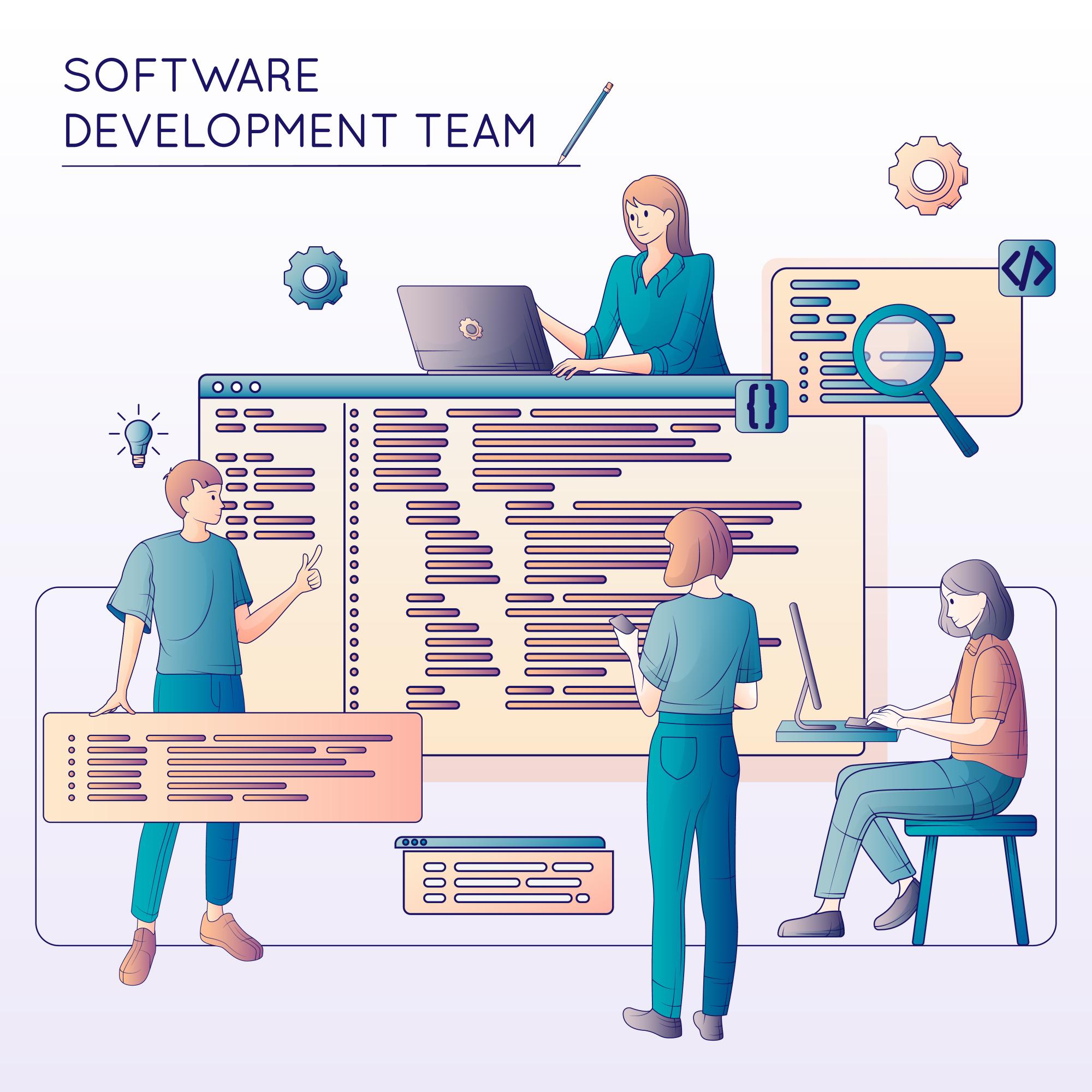HOME - Service
 Best Enterprise Application Development
Best Enterprise Application Development


Enterprise Application Development
Enterprise application development involves creating software solutions tailored to meet the needs of large organizations. These applications often support critical business processes and are designed to handle large volumes of data, integrate with other systems, and provide robust security features. Key aspects of enterprise application development include:
1. Requirements Gathering: Understanding the specific needs of the organization, including workflows, business rules, and regulatory requirements.
2. Architecture Design: Planning the overall structure of the application, including its components, data flow, and integration points. This often involves choosing between different architectural patterns such as microservices, monolithic, or serverless.
3. Technology Stack: Selecting appropriate technologies for the application, including programming languages, frameworks, databases, and middleware. Common choices include Java, .NET, Python, and cloud platforms like AWS or Azure.
4. Integration: Ensuring the application can interact with other systems, such as ERP systems, CRM systems, and third-party services. This often involves using APIs, web services, or message brokers.
5. Security: Implementing measures to protect data and ensure compliance with regulations such as GDPR or HIPAA. This includes authentication, authorization, encryption, and regular security assessments.
6. Scalability and Performance: Designing the application to handle varying loads and ensure performance under different conditions. This might involve load balancing, caching strategies, and database optimization.
7. Testing: Conducting thorough testing to ensure the application meets requirements and is free of defects. This includes unit testing, integration testing, performance testing, and user acceptance testing.
8. Deployment and Maintenance: Rolling out the application to production environments and providing ongoing support. This involves monitoring, bug fixing, updates, and addressing any issues that arise.
9. User Training and Support: Providing training for end-users and offering support to help them effectively use the application.
10. Documentation: Creating comprehensive documentation for users, administrators, and developers to facilitate understanding and maintenance of the application.
Enterprise applications are typically complex and require careful planning and execution to ensure they meet the needs of the organization and provide a good return on investment.
Recent Posts
- Software Developer
- IT Freelancer
- Website Developer
- Mobile Application Development
- Freelancers Hire
- PHP Developer
- SQL Database Developer
- Front-End Developer
- Custom Software Development
- Web Developer
- Internet Website Designer
- Website Design Near Me
- WEBSITE DEVELOPER FOR HIRE
- Website Development and Web Designing
- Website Designer
- Creative Website Designing & Development
- Mobile App Development
- Freelance Software Developer
- Web Development Course
- Website Builder: Create a Website With Ease
- Data-Driven Decision Making is Critical to Create Business Value
- Web Application Development
- Remote Web Developers
- Affordable Website Designing
- Website Designing Agency
- eCommerce Mobile App Development
- Website Designer & Expert
- Freelancers Available For Hire
- Data Engineer
- Website Development Services
- Nikhil Sharma: Front-End Website Developer
- Freelance Web Developers
- Freelance web developer website
- IT Developers
- Freelance website developer
- Website design ideas
- Website maker
- Freelance Web Developer
- Your Perfect Freelancer

Tell Us About Yourself
